3 big Android problems Google needs to fix now
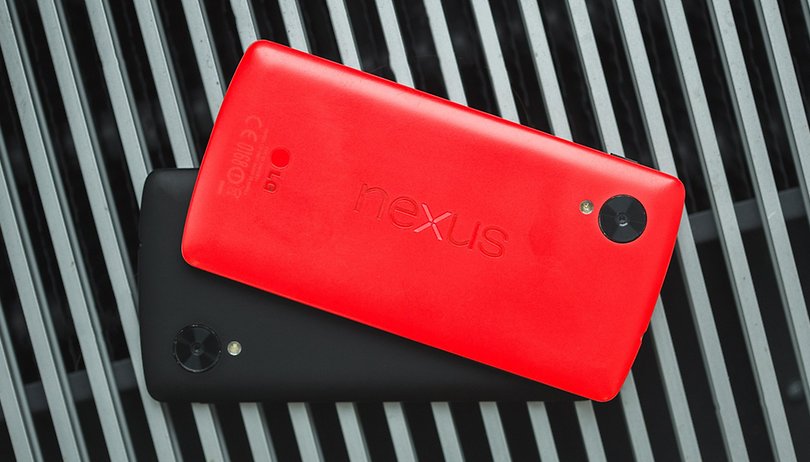
As much as we love Android, we know it's not perfect. Every update brings new bugs, certain features don't arrive and we're never entirely satisfied with the current state of things. But beyond the minor complaints there are a couple of massive Android problems so large it seems inconceivable that Google hasn't addressed them yet. Let's take a look at three things Google really needs to fix in Android.
1. Fragmentation
Fragmentation is the absolute biggest problem with the Android platform. Fragmentation refers to the fact that the vast majority of Android devices are running on older versions of Android. The rollout of a new version of Android takes up to a year (less than a quarter of Android devices have Lollipop, yet Android 6.0 Marshmallow is already out), and many devices are simply passed over, so older phones often get left on an older version.
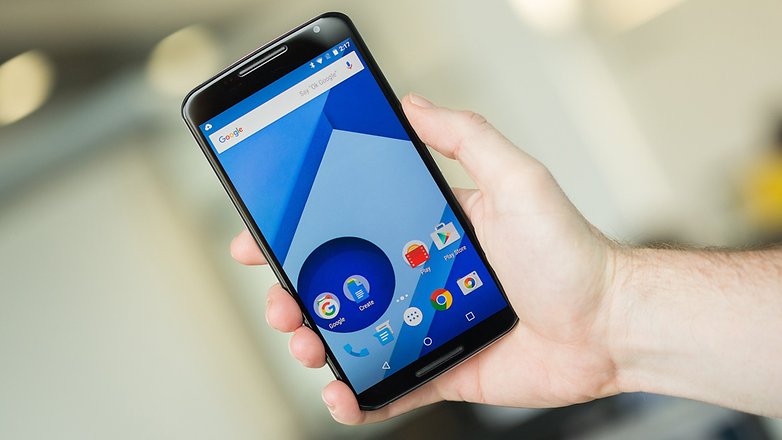
The major manufacturers often only support their most expensive devices in the long-term, with mid-range phones and tablets slipping into update obscurity almost instantly, but manufacturers of cheaper handsets might not ever bother updating Android.
That's why almost 40 percent of active Android devices are running Android Jelly Bean or older, and around the same number are on KitKat (which came out two whole years ago). Not only does fragmentation mean many Android users miss out on the benefits of the latest OS, it opens up all kinds of security problems too.
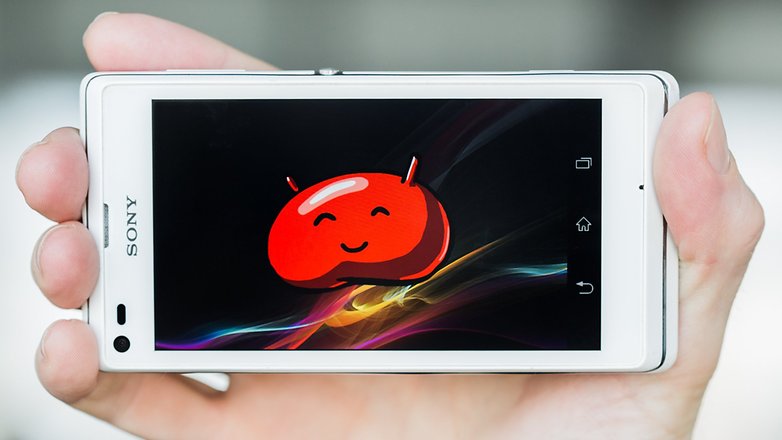
One simple solution would be for Google to only offer manufacturers stock Android. All the skinning and bloatware could then be pushed to the Play Store via themes and apps and Google could push the underlying OS to everyone at the same time, like iOS does. This fragmentation solution would simultaneously fix two of Android's biggest issues: update speed and bloatware.
2. Back button inconsistency
You may not even have noticed this problem, but once you do, you'll find it infuriating. You simply never know what the back button in Android is going to do. Not only is it inconsistent between third-party apps, Google can't even make it consistent in its own apps.
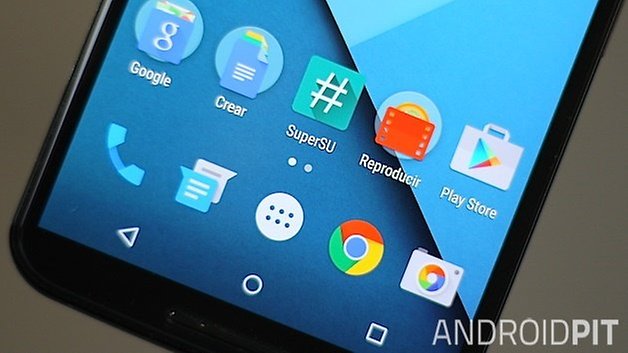
Take Gmail for example. I open Gmail, go to my sent folder and then search for and open a particular email. If I tap the back button once, I'll go from the email to the search results, then back to my sent folder contents and finally back to my inbox. This makes sense. The back button simply takes you back to the last screen you were on.
But I also have the back arrow at the top of the app to do that. Only it disappears after I get back to my sent folder and becomes the hamburger menu instead. In-app navigation doesn't work in the same way as the back button. In other apps, a single tap of the back button takes you one step back and another tap exits the app entirely.
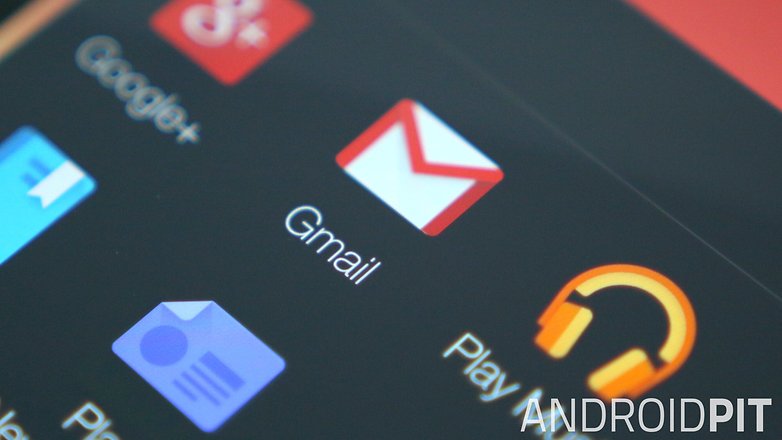
According to Google the back button is meant to take you back to the last screen you were on, even if it was in another app. But this doesn't happen. If I open a calendar entry from my calender widget, tapping back takes me back to the general calendar screen, even though I never actually opened that page of the calendar app.
You never quite know what the back button will do until you try it, and this kind of trial-and-error process for a OS in its sixth major iteration is laughable. Google has guidelines for everything else, so why not what the back button does?
3. Multi-tasking
This is another ridiculously clumsy part of Android. If I want to take something from one place to another on my PC, I simply copy and paste it (or even better, click and drag). The same process works everywhere. But I can't do this in Android.
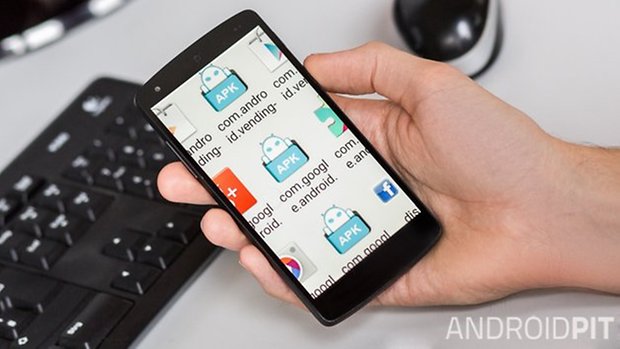
Instead, I have a bunch of different multi-tasking processes to go through if I want to share a file. Maybe I have to download a file and then use a share picker in the app. Or long press for a pop-up menu and choose Send To. Or go to the Downloads folder. Or access Drive. Or go to a different app and attach it. At least some apps, such as file managers, let me long-press and copy a file, but not all of them, and never in quite the same way.
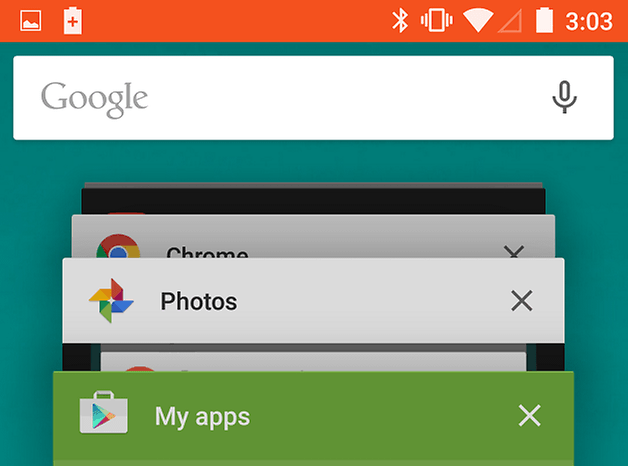
Things have gotten better with the new Photos app and the simplicity of multiple selections and sharing, but generally Android is awful at consistently offering a multi-tasking solution. The file types we're dealing with are basically the same as on a PC, so why can't we handle them the same way?
For all the good that Android's multi-tasking menu provides, manufacturers like Samsung and LG still have better multi-tasking capabilities than stock Android. I'm no developer, but it can't be that hard to come up with a better solution for handling files across different apps (even if it was just Google's own apps to start with).
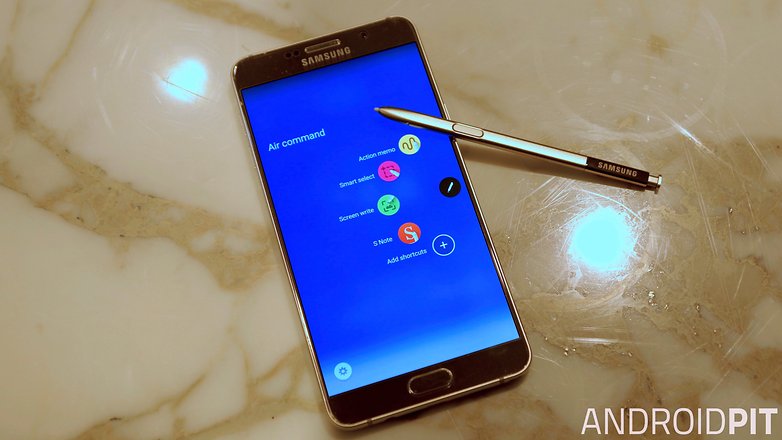
The good news
The good news is that until recently, this list was much longer. Marshmallow has dealt with several other longstanding Android problems. For example, it now handles app links much better, so you don't have to repeatedly tell the system which app to "always open" a file type with, and the default backup solution is much simpler, because Marshmallow will automatically back up your apps, data and progress, so any app restored from a backup will be just like it was before.
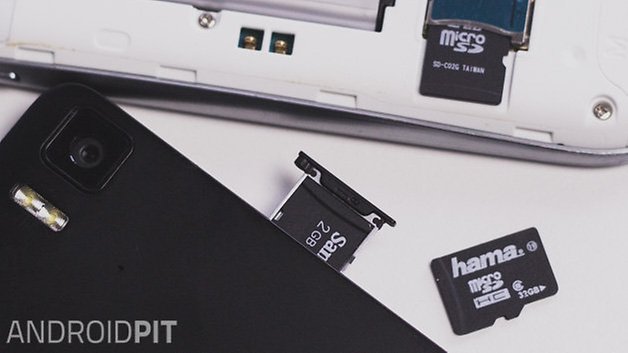
Marshmallow has also finally addressed the microSD card issue and external storage can now be formatted to your phone and treated like any other internal storage.
Of course, these updates only benefit you if your manufacturer will actually update your device to Android 6.0 – and for many of you, that won't be the case.
At least we know Google is listening and working on solutions, however, even if some of the Marshmallow fixes have been needed for many years. Two of the problems above – better multi-tasking and a more consistent back button – are feasible fixes, although fragmentation might be too large a problem for Google to tackle this late in the game.
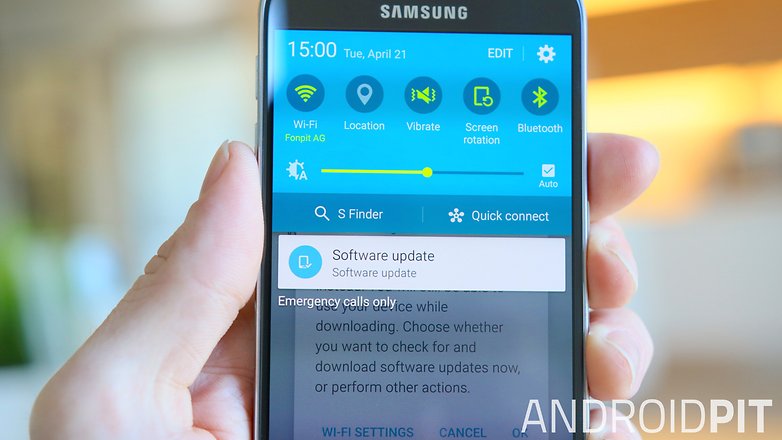
Pushing security updates to Google Play Services is a good start, however, and manufacturers working together on monthly security patches is even better, but there's a long way to go if we want the underlying OS update process to improve. Until this problem is solved, all other Android fixes are Band-Aid solutions.
What Android fixes are you still waiting on? Do you have any suggestions for Google? Let us know in the comments.




hahaha. i realize this article does not only point to google nor android. it does point to all the Operating System for every mobile we have.
Okay, here is where this WHOLE ENTIRE TOPIC IS WRONG!
Google doesn't control Android.
Google doesn't own Android, they just host it.
#GetYourFactsRight
What are you talking about? I'm confused now. Please tell me who creates, controls, owns and distributes android. I thought it was Google. Clearly I'm wrong, so who is it then?
The way I understand is Google develops ANdroid as they bought Android several years ago. They update the OS, however what delays the whole Updates to phones devices etc., The carriers and the phone maker add their own code hence why there is a delay.
Hire best android app development company , which builds intuitive user interfaces and custom functionalities including NFC to develop best in class android apps and games for smartphones and tablets.
Android App Development Company - With android OS commanding a massive lead in usage, global businesses need professional Android app development company as partner to draft & execute mobile strategy. At MobileAPPtelligence [dot] com, we deliver the apps, which keep our clients ahead of the curve.
Since Marshmallow can allow external storage to be formatted to your phone and treated like any other internal storage, does this mean Marshmallow will allow apps to be a) moved to SD again or b) installed to SD? With so many phones coming with rather small internal storage, it would be nice to be able to install an app directly to the SD.
I means your internal memory effectively becomes bigger obviating the need to move to SD. Not the same, but better...
Nice share. Thanks.
I recently switched over to #WindowsPhone. I do miss #Android no worries there. But waiting for a year or more for an OS Update, really did it for me.
I have been an android and windows guy for years. With these issues and others, enough is enough. Moving on to iOS and ubuntu.
Multitasking windows are available on Remix OS which has been derived from Android. Anyone used it yet? I'm eagerly awaiting my Remix Mini.
I agree with the second problem but not with the 3th. For me it's a lot easier to share files on my phone instead of my computer.
it's about time easy multi app, multi tasking, multi page, Samsung note 4 style became standard...especially after releasing a huge phablet last year, what did Google do with 6" of real estate....err some nice wallpaper lol.
Remix OS - see my post higher up the train...